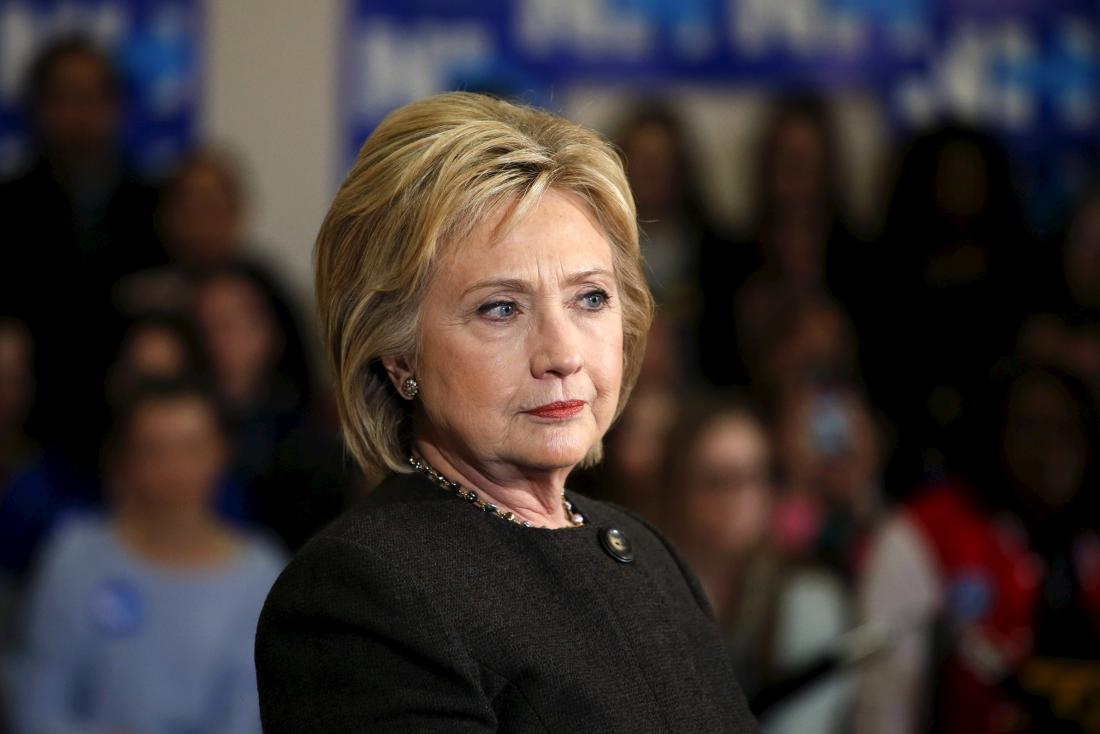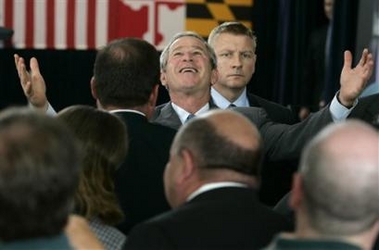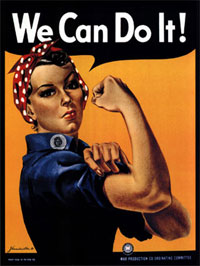I now stand very tall for Hillary.
I said before before that I wouldn’t do anything beyond voting for her in November. She was a Wall Street crony, someone who wasn’t looking after working people, someone who wasn’t going far enough with her progressive politics, someone who conveniently changed her stance to suit the exigencies of her present office. All this remains true. I am still hesitant, but far less so now.
Because as political sins go, Hillary’s perceived hypocrisies are nothing compared to throwing your nation into a ruinous xenophobic cesspool in which your currency drops 8% in twelve hours and you open the floodgates to hatred and insanity. It’s nothing compared to fomenting cataclysmic policies that involve building walls or erecting borders because you’re terrified of people who have a different skin color, in which you willingly court the collapse of opportunity and somehow deny the beginnings of rampant unemployment and international instability even as the stock market drops into a harrowing crescendo of chaos.
The Brexit vote sets an example that will not only create a shock wave of duplicate referendums in other EU nations (52% of the French public supported a similar exit referendum in March and who knows how Greece will react?), but turns the promise of democracy in any nation into little more than a preposterous joke, albeit one not confined to a comedy club or a movie. This is horror with a deadly apocalyptic edge that will permanently alter lives. It is something that any proponent of democracy should be very afraid of yet find the courage to face and act upon.
I don’t think any of us thought that politics would come to this. But there are deeply angry people who have been left in the cold for years and this is what they do when we stop listening to them. These are the same people who have flocked to Trump. And they’re not going away. And the longer we ignore them, the harder their vote turns. We need to start listening to them. We need to start talking with them. We need to find points of agreement. And we need to start winning them over to our side, even if it means committing great patience and expending much time and wincing through some of their extremist and uncomfortable sentiments. Above all, the presidential election isn’t something that we should sit out.
So we all need to stand for Hillary. Right now. Not just vote for her, but volunteer for her. Not just have conversations with the people we can reach, but make phone calls to those who may not be expecting our voice. Because the alternative is so much worse.
I say this as someone who was very much pro-Bernie, who still believes that social democracy that corrects income inequality can and should happen and who still very much believes that we can put policies into place that help people. But if we allow our nation to elect Trump, we will have a situation that is very much like the UK right now, possibly unsalvageable and ensnared within a vicious framework that will make truly progressive reform close to impossible. So this is a big deal. The future of our nation and the happiness of many lives depends upon our actions today. Because, not to put too fine a point, America, with its terrible history of slavery and all the subsequent atavism that has emerged from this inhumane shadow, is more poised to unleash its inner id in November than the UK did last night.
We have a little less than five months. It will be very hard. But we can do this. We must do this.

 Rudy Giuliani’s smug self-assurance had been legendary during his long career as District Attorney and Mayor in New York City. But he revealed a more off-putting overconfidence to voters with his strange decision to not compete in the earliest GOP Primaries. He calmly assured his followers that he would sweep up victory in Florida, incorrectly guessing that no other candidate would excite voters in the prior contests. This was a bad strategy in several ways, but it may have backfired for one particular reason above all: it reminded voters of George W. Bush and Donald Rumsfeld’s flippant assurances that they would easily sweep up victory in Afghanistan and Iraq. In 2008, overconfident leadership is the polar opposite of what Americans want.
Rudy Giuliani’s smug self-assurance had been legendary during his long career as District Attorney and Mayor in New York City. But he revealed a more off-putting overconfidence to voters with his strange decision to not compete in the earliest GOP Primaries. He calmly assured his followers that he would sweep up victory in Florida, incorrectly guessing that no other candidate would excite voters in the prior contests. This was a bad strategy in several ways, but it may have backfired for one particular reason above all: it reminded voters of George W. Bush and Donald Rumsfeld’s flippant assurances that they would easily sweep up victory in Afghanistan and Iraq. In 2008, overconfident leadership is the polar opposite of what Americans want. George W. Bush was constantly referred to as “Reaganesque” in his earlier years, though this image seems so far away now that we easily forget it. It turned out that President George W. Bush did not have the leadership skills of President Ronald Reagan. Just the arrogance.
George W. Bush was constantly referred to as “Reaganesque” in his earlier years, though this image seems so far away now that we easily forget it. It turned out that President George W. Bush did not have the leadership skills of President Ronald Reagan. Just the arrogance. Lorrie Moore’s
Lorrie Moore’s  I wonder if Moore remains aware that,
I wonder if Moore remains aware that,